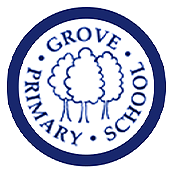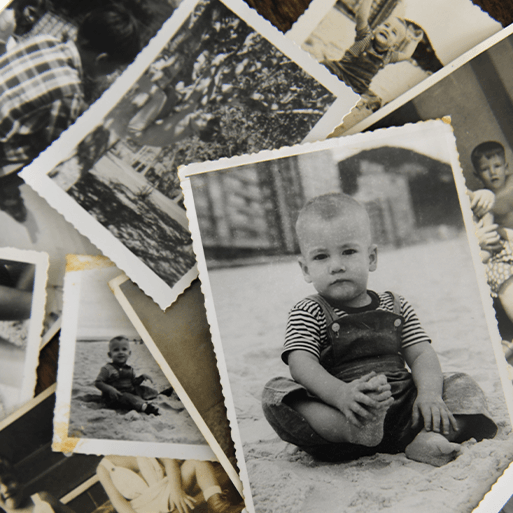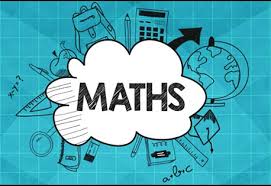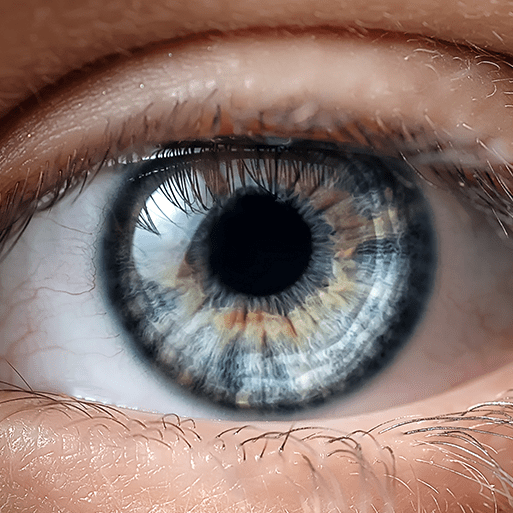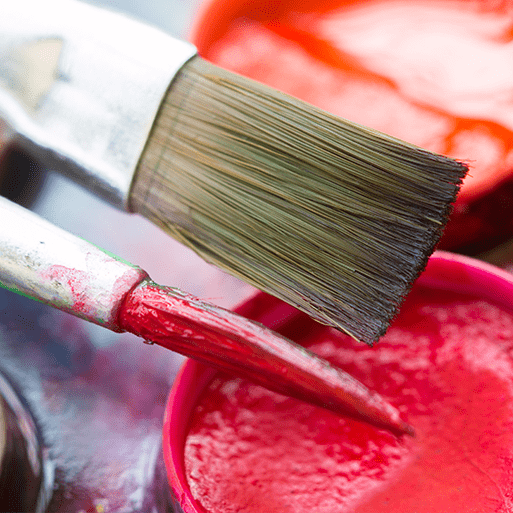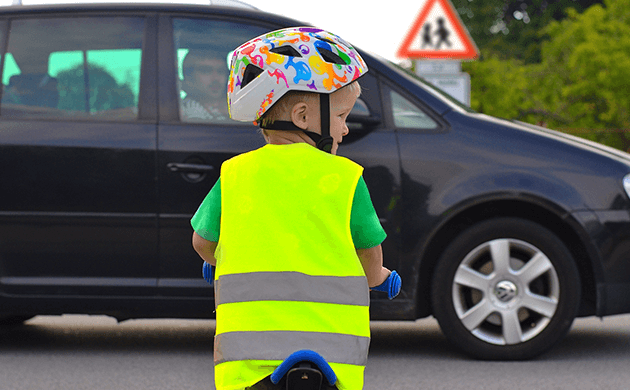Year 1 Autumn Term
|
History: Childhood
|
In the Childhood project, your child will learn words and phrases related to the passage of time. They will explore artefacts to help them to understand childhood in the past and how childhood has changed over time. They will explore the six stages of life and explore timelines and family trees. Everyday life in the 1950s will be explored, including shopping, transport, family life and childhood. They will also learn about the significance of Queen Elizabeth II's coronation in 1953 by studying photographs and online sources. The children will use maps to explore how places have changed over time and highlight any similarities or differences between childhood today and childhood in the 1950s. At the end of the project, they will create knowledge organisers for children who are about to study the topic of childhood. |
|
English: Phonics |
Review of Phase 3 Phonics Phase 5 Phonics |
|
English: Writing |
Skills: Handwriting & Sentence Writing
Text Types:
|
|
Maths
|
 |
|
Geography: Our Wonderful World
|
This essential skills and knowledge project teaches children about physical and human features, maps, cardinal compass points, and positional and directional language. They will use maps, including picture maps, globes, online mapping tools and world maps. Your child will learn to use positional language, such as next to and behind, and directional language, such as forwards and backwards. They learn about the equator, hemispheres and continents and are introduced to the countries, capital cities and settlements of the United Kingdom. The children carry out simple fieldwork to find out about local physical and human features. |
|
Science:
Human Senses
Everyday Materials
|
Human Senses teaches children that humans are a type of animal known as a mammal that breathe, eat, sleep, get rid of waste, grow, move and use their senses to survive.. They name and count body parts and identify similarities and differences. They learn about the senses, the body parts associated with each sense and their role in keeping us safe. They will conduct simple tests to investigate how their five senses help them make sense of and understand their surroundings.
Everyday Materials teaches children that objects are made from materials. They identify a range of everyday materials and their sources. Children investigate the properties of materials and begin to recognise that a material's properties define its use. They will name and use their senses to explore a range of natural materials using hand lenses and digital microscopes, learning that natural materials come from the world around us, including the ground, plants and animals. They will name and use their senses to explore a range of objects made from human-made materials, learning that they are new materials made by people from natural materials. They will write scientific questions about a chosen object made from a human-made material, its features and its use in the object, revisiting their questions during the project to see if they can identify the answers as their knowledge builds over time |
|
Art: Mix It |
This project teaches children about basic colour theory by studying the colour wheel and colour mixing. It includes an exploration of primary and secondary colours and how artists use colour in their artwork. |
|
Design & Technology: Shade & Shelter
|
This project teaches children about the purpose of shelters and their materials. They name and describe shelters and design and make shelter prototypes. Children then design and build a play den as a group and evaluate their completed product. |
|
Music - Charanga
|
Autumn 1 Project: Hey You Knowledge Organiser Y1 Autumn 1 Autumn 2 Project: Rhythm in the Way We walk & Banana Rap |
|
Computing |
Unit 1: Computing Systems & Networks: Improving Mouse Skills. This project teaches children how to log in and navigate around a computer, developing mouse skills, learning how to drag, drop, click and control a cursor to create works of art inspired by Kandinsky and self-portraits. Unit 2: Programming 1: Commands Unplugged. This project teaches children to explore commands and instructions through a range of unplugged games and activities, the children develop an understanding of key programming vocabulary. |
|
PSHEE
|
|
|
PE
|
|
|
RE: Creation Stories & Festivals
|
Unit 1.4 What can we learn from creation stories?
Unit 1.6 What festivals do different religions celebrate? |

